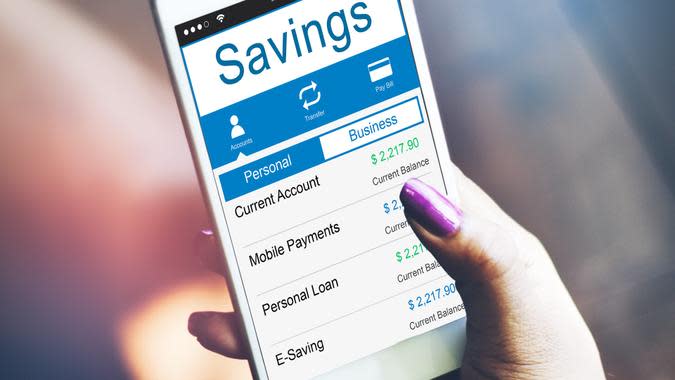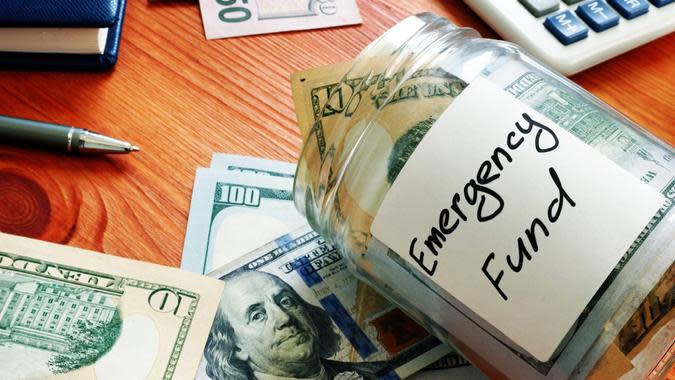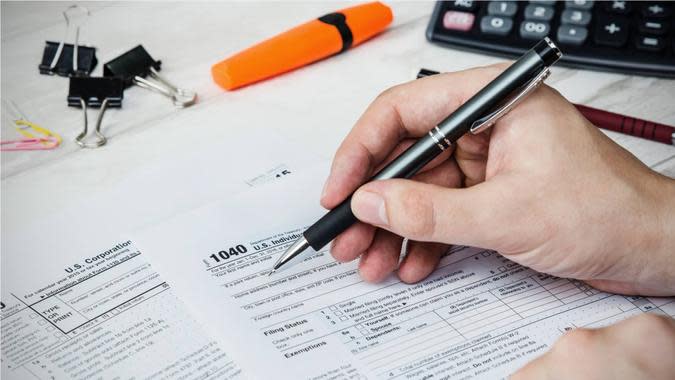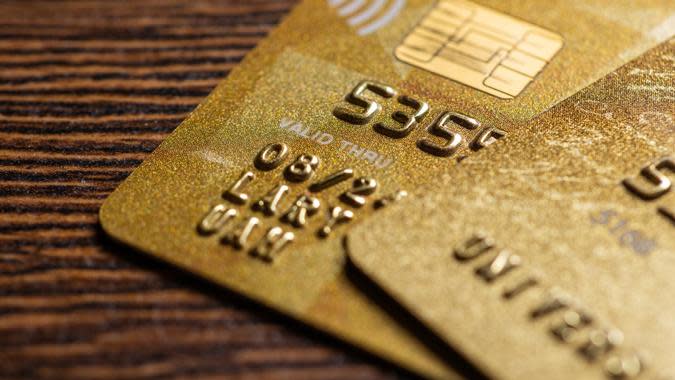9 Best Money Moves You Should Make This Week

It's easy to let our finances go on autopilot when we have so many other responsibilities and tasks keeping us busy in any given week. Yet finances don't just improve on their own -- getting to a place of financial stability or independence takes attention and conscious steps. Steps that you can make this week can make a huge difference in your financial picture, now and into the future.
The Future of Finances: Gen Z & How They Relate to Money
Learn: If Your Credit Score Is Under 740, Make These 4 Moves Now
Here are 9 money moves you should make this week -- your future self will thank you for it.

Automate Deposits to Savings and Investment Accounts
If you have a savings account and a retirement account that you put money into sporadically or only when it comes in, consider setting up regular automated deposits into these accounts. Not only does this make you less likely to splurge when money comes in, a phenomenon known as "present bias," according to CNBC, it guarantees that these accounts will grow steadily and with minimal effort.
Take Our Poll: How Long Do You Think It Will Take You To Pay Off Your Credit Card Debt?

Add To or Plan For an Emergency Fund
It might seem funny to put aside money that you hope never to have to use, but that's pretty much what an emergency fund is. However, the way life is, you're almost inevitably going to have an unexpected payment for something that breaks down, for potential job loss or expenses that crop up related to your children. While expert advice varies on how much you should have in such a fund -- many experts recommend three to six months worth of expenses -- you can start one at any time with any amount of money.

Set a Savings Goal
If you set a savings goal, you're more likely to put money away. Even if you aren't sure what you'd like to save toward, consider creating a savings account for such things as vacations, holiday gifts, college funds or just add to your emergency fund. Setting a savings goal can also help you budget better, as you look for ways to squeeze out that amount from your current spending.

Increase Your Contribution to a Savings or Investment Account
If you're currently putting away a minimal amount into savings or investment accounts, consider increasing your contribution and automating it. Particularly for retirement accounts, the more money you put in now, the more money you are likely to earn by the time you actually retire. According to CNBC, increasing your deposit amount by just 1% over 20 or 30 years can make a sizable difference. But you can also pad up savings accounts quickly with even a slight increase in your deposit amount.

Maximize Tax Deductions
If you've been filing your taxes mindlessly every year, you might be missing out on crucial tax deductions that can significantly reduce the amount of money you owe, or increase your refund, each tax year. The best way to confirm that you're taking the most deductions is to speak to a tax professional. A few examples of things you might not be writing off include student loan interest, mortgage interest, charitable donations, business travel expenses (not reimbursed by your employer), lifetime learning credit and more.

Take Steps to Pay Off High-Interest Debt
If you have credit cards or loans with high interest, you're losing a lot of money over time. Make a plan to put bigger payments onto your highest-interest debts first to save yourself money in the long term.

Look Into Refinancing Your Home
If you purchased a home with a higher interest rate than is now available or you have an adjustable-rate mortgage (ARM), you may want to look into refinancing your home for a fixed-rate mortgage or a lower interest rate. According to Investopedia, if you can reduce your mortgage interest rate by 2% you can save significant money each month, but even 1% might save you enough to be worth it.

Take Your Employer's 401(k) Match
Many companies offer a 401(k) matching proposition where they will put in a certain amount or percentage of what you do into your retirement account. This is literally free money that not only doubles your contribution and is tax-free until the time you retire, but exponentially multiplies the amount you can make, since retirement accounts earn interest over time.

Invest In a Life Insurance Policy
Most of us don't think much about what life will be like after we're gone, but if you have any family that relies upon you or your income, a life insurance policy is a way taking care of them even after you're not around to do so, according to Business Insider. Insurance policies vary in cost, but you can generally find a reasonable one in almost any price range.
More From GOBankingRates
This article originally appeared on GOBankingRates.com: 9 Best Money Moves You Should Make This Week
